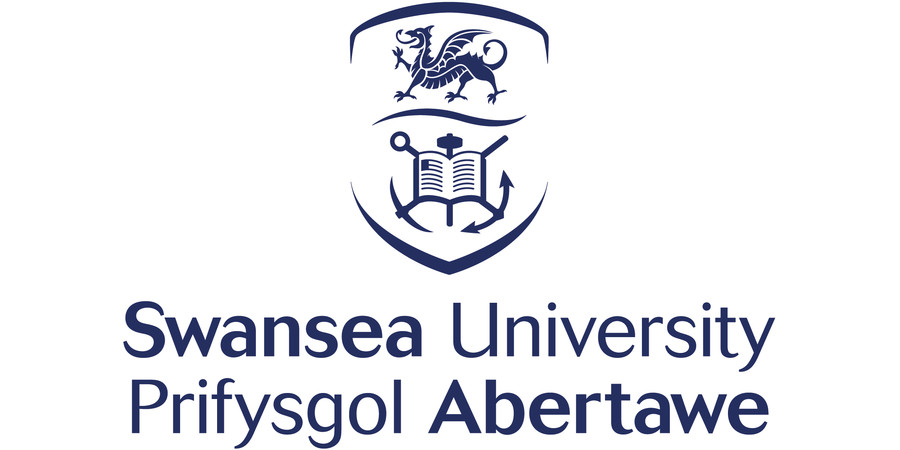Health Data Science, Medical Statistics: Fully Funded Studentship in Population and Health Data Science
Swansea University - Health Data Science / Medical Statistics
| Qualification Type: | PhD |
|---|---|
| Location: | Swansea |
| Funding for: | UK Students |
| Funding amount: | £20,780 |
| Hours: | Full Time |
| Placed On: | 29th May 2025 |
|---|---|
| Closes: | 9th June 2025 |
| Reference: | RS833 |
The Child and adolescent Health Impacts of Learning Indoor environments under net zero (CHILI) Hub is a program funded by the MRC and NIHR, the goal of which is to understand the health effects we can expect to see as the UK transitions to net-zero. It is a collaboration between University College London, Imperial College London, The London School of Hygiene & Topical Medicine, Swansea University, the University of Leeds, the University of York and the UK Health Security Agency.
As the climate changes, the impact of air pollution on child and adolescent health is one of the most complex and challenging problems in health data science. Air pollution is composed of several different environmental pollutants, for example particulate matter (PM10 and PM2.5), ozone (O3), nitrogen dioxide (NO2) and sulphur dioxide (SO2) are commonly measured. Each pollutant is produced and destroyed by different processes, and the levels of the various pollutants are correlated with each other, for example, and increase in NO2 causes an increase in O3. Statistical methodological developments are required to understand the relationship between air pollutants and health outcomes to account for both the size and nature of the data.
Our response to climate change will change the composition of air pollution factors children and adolescents are exposed to. Many air pollutants are expected to reduce, but some may increase, for example, PM10 which is generally caused by acceleration and deceleration of road vehicles and is proportional to vehicle weight may increase due to the transition to electric cars, which are typically heavier than their fossil fuel powered counterparts. A framework that can accurately model complex dynamics and generate projections for future scenarios is essential for understanding the impact of changes to air pollution in the future, and planning further policy changes.
This PhD project will develop statistical modelling frameworks that are able to handle large-scale, complex, and correlated time series data, and apply these frameworks to population-scale datasets to generate new knowledge and insights about the impact of different air pollutants on child and adolescent health. This may include techniques like generalisations of Autoregressive Integrated Moving Average (ARIMA) models, Dynamic Linear Models (DLM) and joint longitudinal and survival models. To appropriately capture uncertainty for health policy decision-making, these methods will be developed using a Bayesian framework.
This PhD project will deliver a substantial contribution to original research in the area of health data science and statistical modelling of population-scale data. We expect that findings will contribute to policy on the transition to net zero and air pollution. The successful candidate will develop important skills in data linkage and advanced analysis from a world class supervisory team, and benefit from the broad collaboration of the CHILI Hub.
Funding Comment
This scholarship covers the full cost of tuition fees and an annual stipend at UKRI rate (currently £20,780 for 2025/26).
Advert information
Type / Role:
Subject Area(s):
Location(s):









